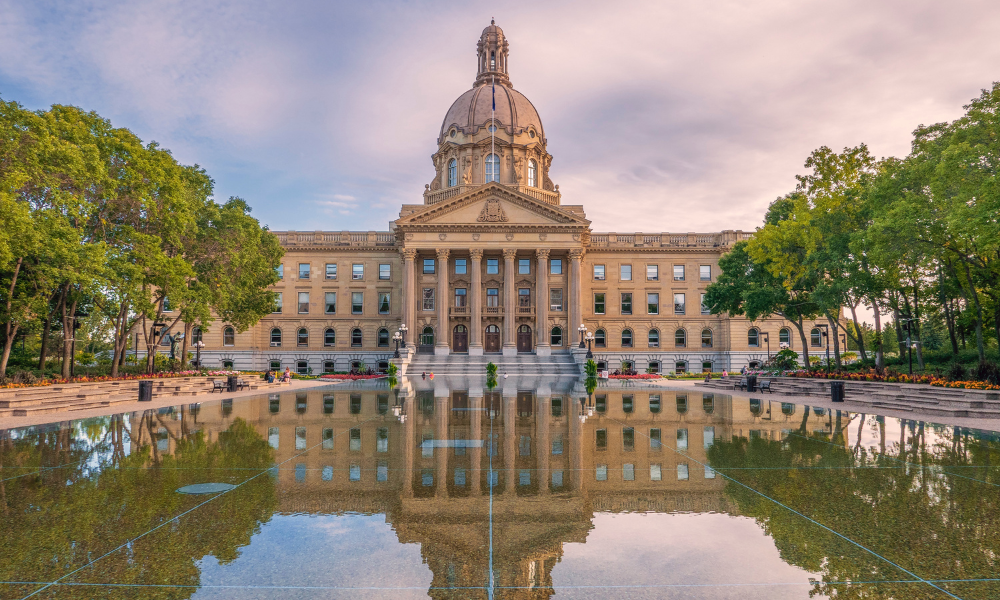
If passed, the Act will enable people to request treatment orders and care plans

The Alberta government has introduced the Compassionate Intervention Act to support Albertans experiencing severe addiction.
If passed, the legislation will enable parents, family members, guardians, health care professionals, and police or peace officers to request treatment orders or care plans for addicted individuals who are likely to be a danger to themselves or others.
“For those suffering from addiction there are two paths – they can let their addiction destroy and take their life or they can enter recovery. There is no compassion in leaving people to suffer in the throes of addiction and in Alberta we choose recovery,” Premier Danielle Smith said in a statement. “That’s why we’re introducing compassionate intervention – another tool in the Alberta Recovery Model – to help keep our communities safe while ensuring our most vulnerable can access much needed recovery supports.”
Through Budget 2025, $180 million will be invested over three years to construct two 150-bed compassionate intervention centres in Edmonton and Calgary, which will be run by Recovery Alberta. The centres will support intakes and assessment, and delivery of compassionate intervention care for adults, according to the government. The build will commence next year.
For youth, compassionate intervention takes the place of the Protection of Children Abusing Drugs Act (PChAD), which provided mandatory short-term stabilization, detox and assessment. Compassionate intervention extends the treatment period, simplifies the application process, and expands family involvement in a young person’s recovery. The eligibility criteria are similar to the PChAD, and the government has announced plans to shift protective safe houses used for the PChAD into compassionate intervention spaces.
Moreover, the Compassionate Intervention Act enables the First Nations and Métis communities to incorporate their practices and traditions into the process.
“With evidence-based programming and support, the compassionate intervention program will be a world leader in addressing some of the most complex cases of addiction. Recovery Alberta is well-positioned to deliver this with incredible staff and clinicians, and we look forward to supporting more people in their journey to reclaim their lives from the disease of addiction,” Recovery Alberta CEO Kerry Bales said in a statement.
On concluding their time in the compassionate intervention system, patients will be provided a discharge plan to facilitate ongoing support and services such as continuing treatment in a recovery community or another community bed-based program, day programming, psychiatric care and/or ongoing work with a recovery coach, housing and employment assistance, and skills training.
“We cannot – and will not – stand by and let addiction destroy our families and communities. The Compassionate Intervention Act will provide life-saving support, ensuring families are no longer forced to watch their loved ones suffer from the deadly disease of addiction and endure the pain it brings,” Minister of Mental Health and Addiction Dan Williams said.
The Alberta government indicated that it was considering options to provide temporary adult spaces for compassionate intervention care in existing facilities. It also intends to launch the Northern Alberta Youth Recovery Centre next year, more than doubling the youth treatment capacity and providing care spaces under the Compassionate Intervention Act.
Nonetheless, the government pointed out that compassionate intervention was just one recovery measure; thus, other options should be attempted first and eligibility criteria met.